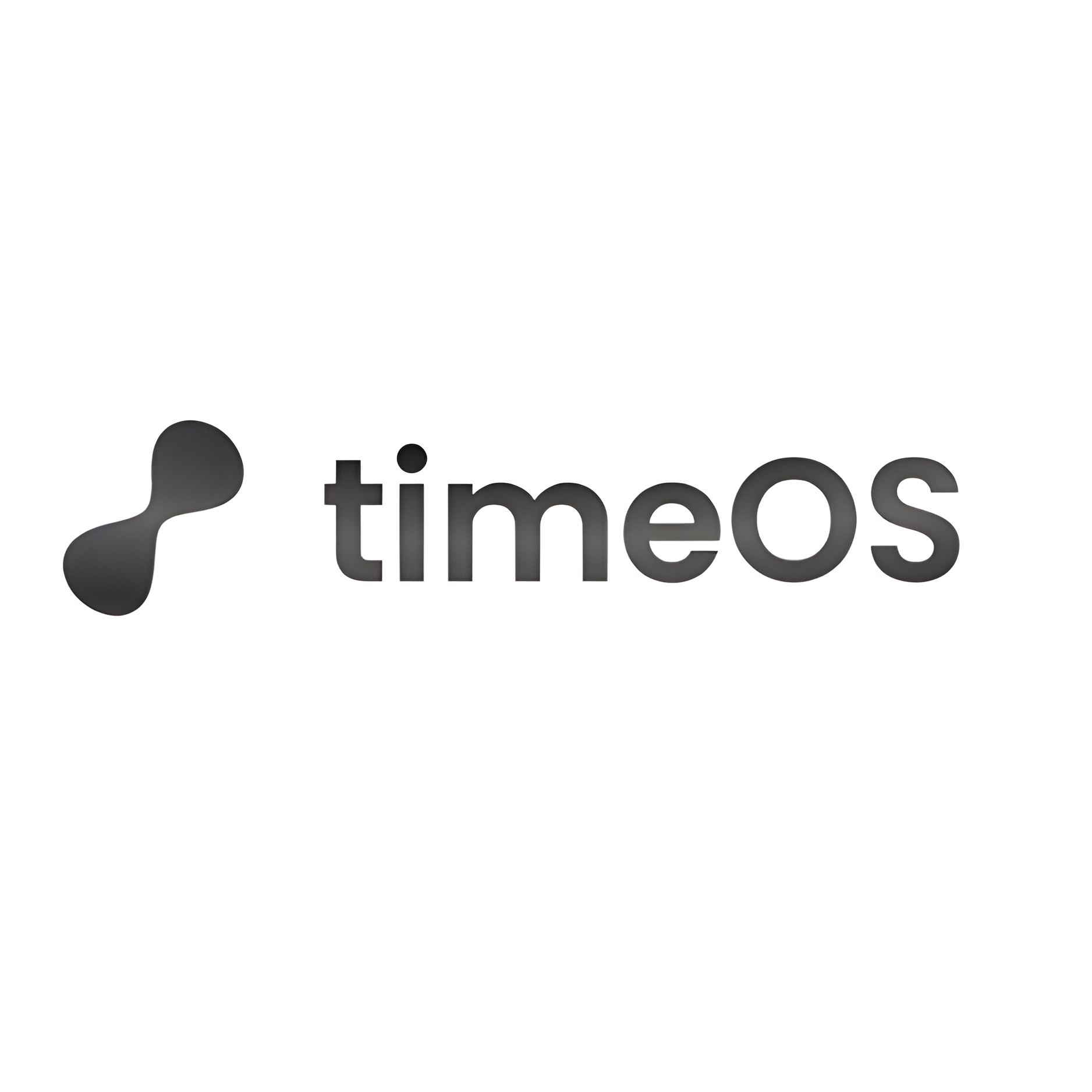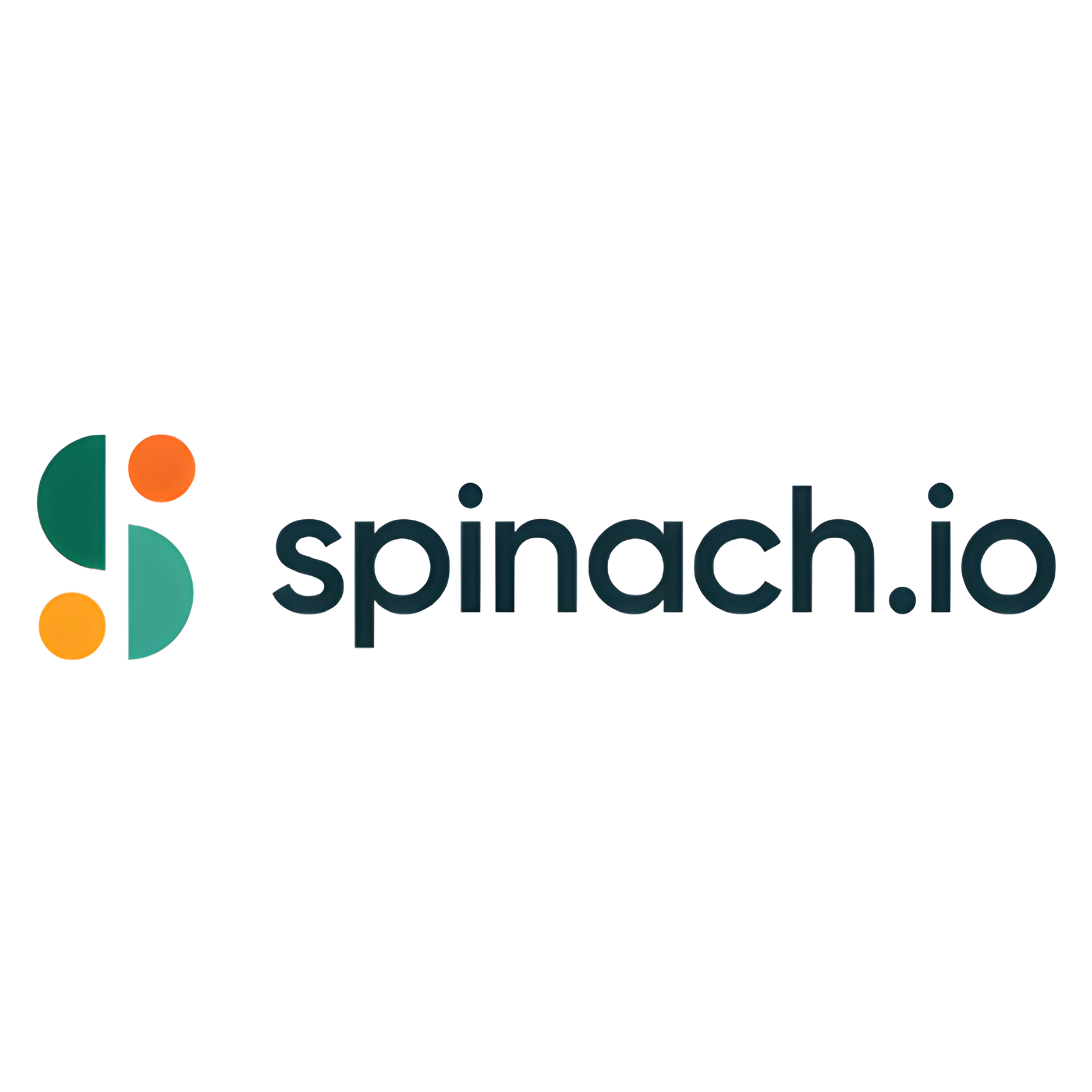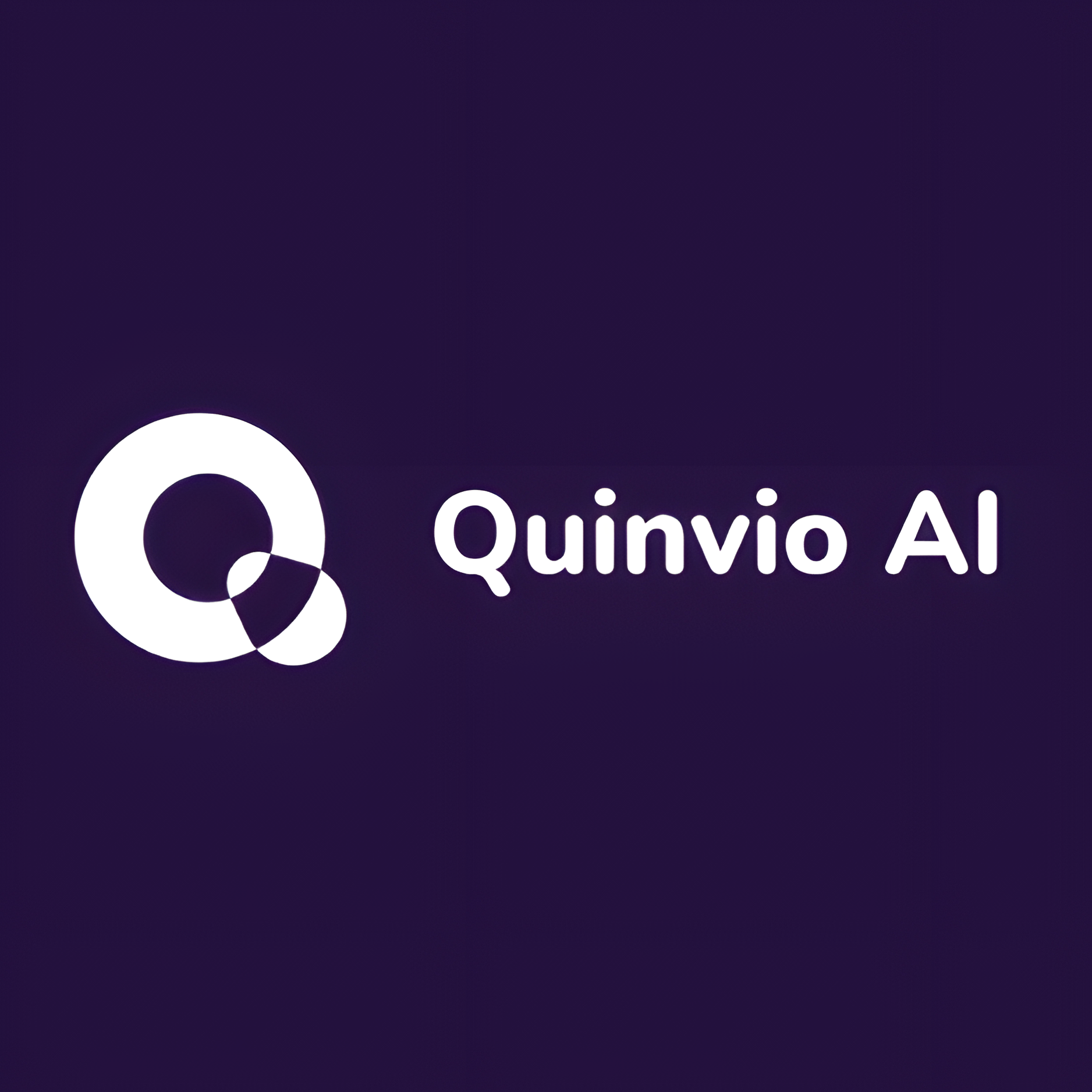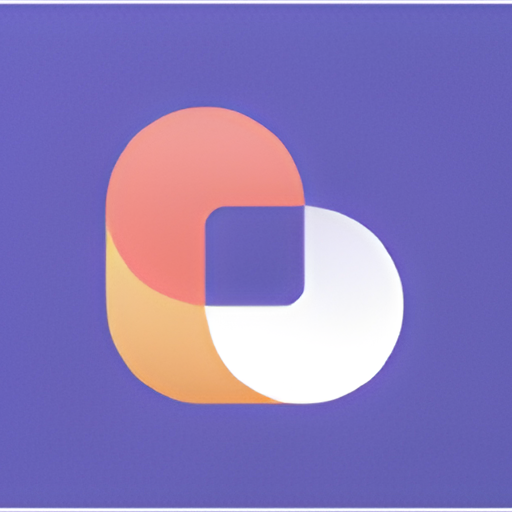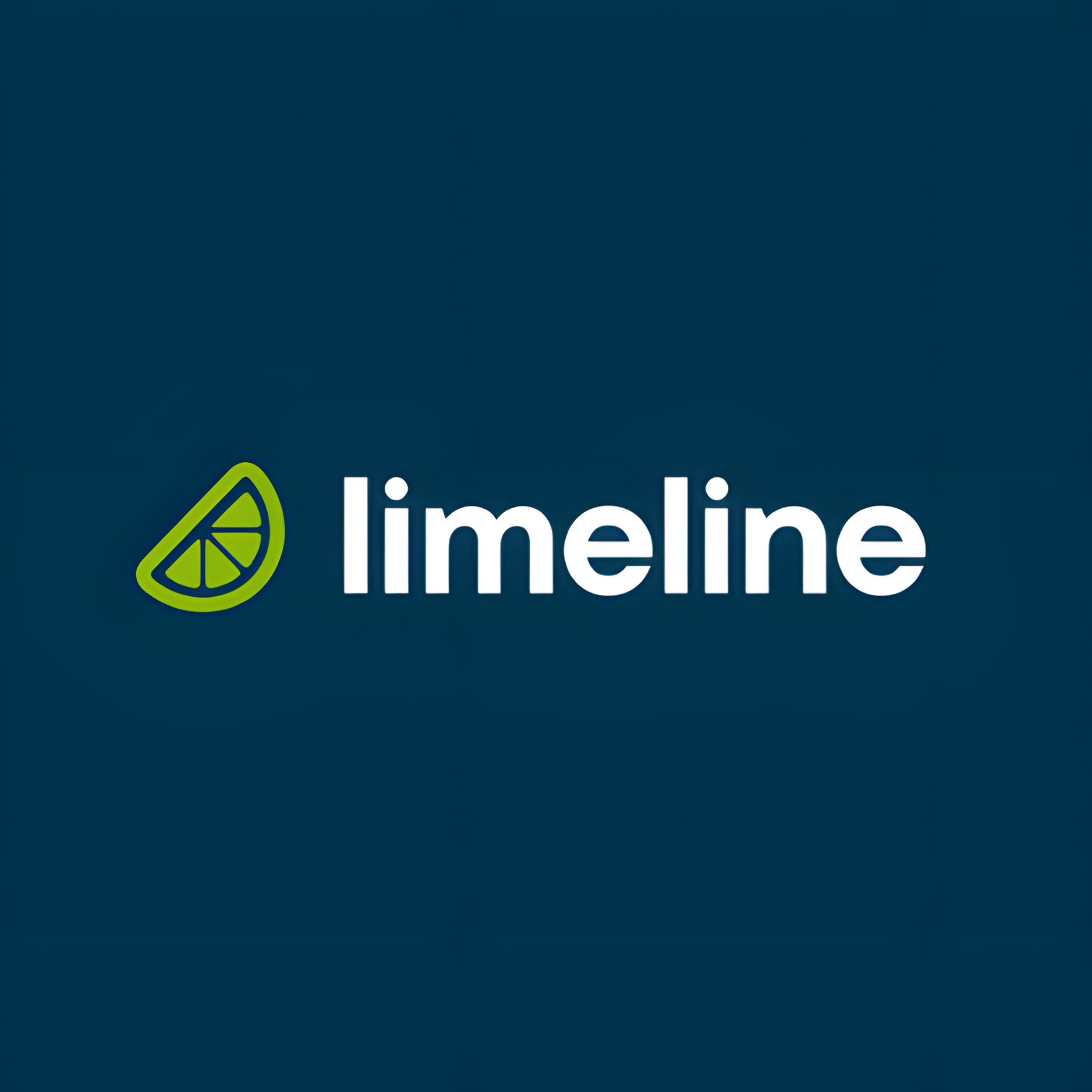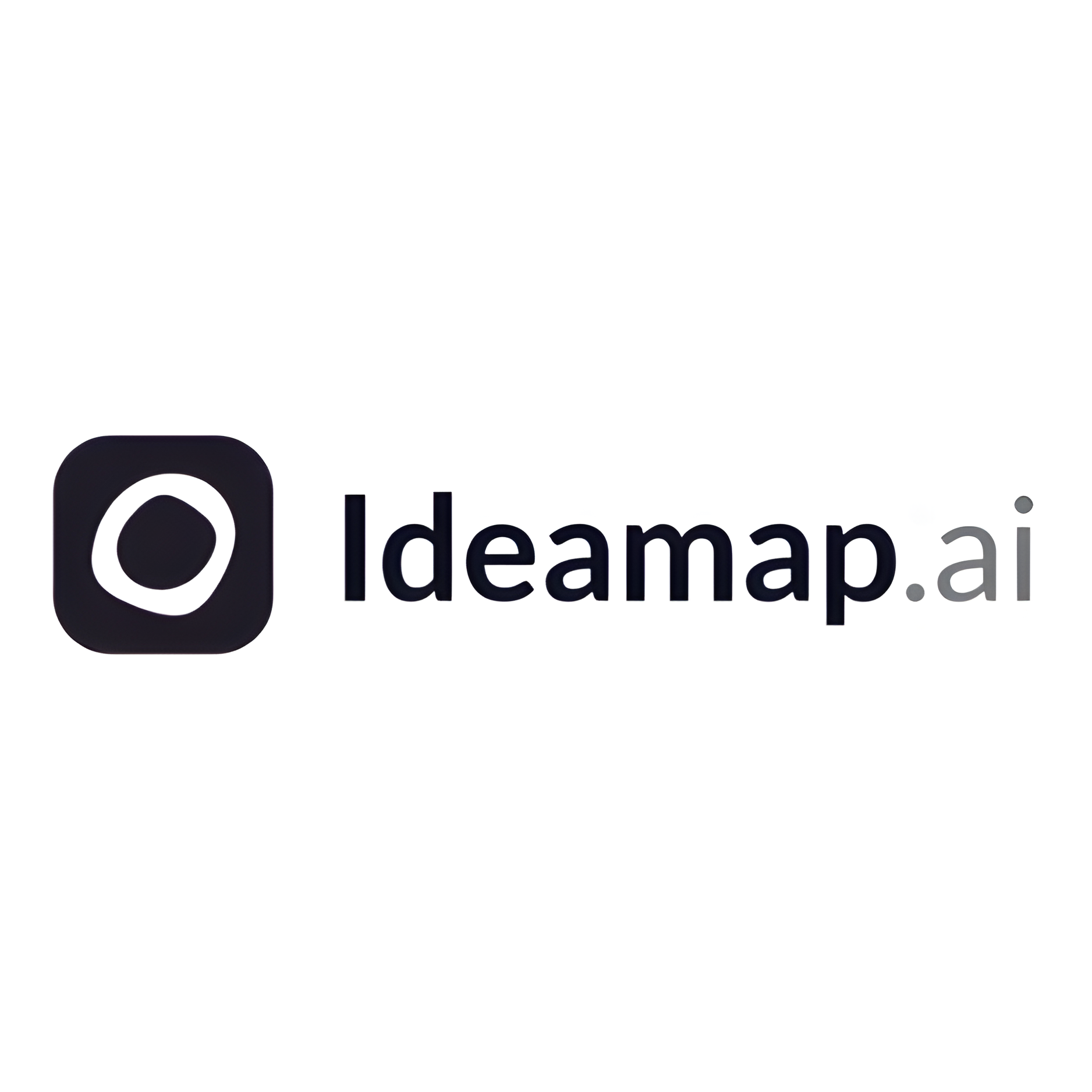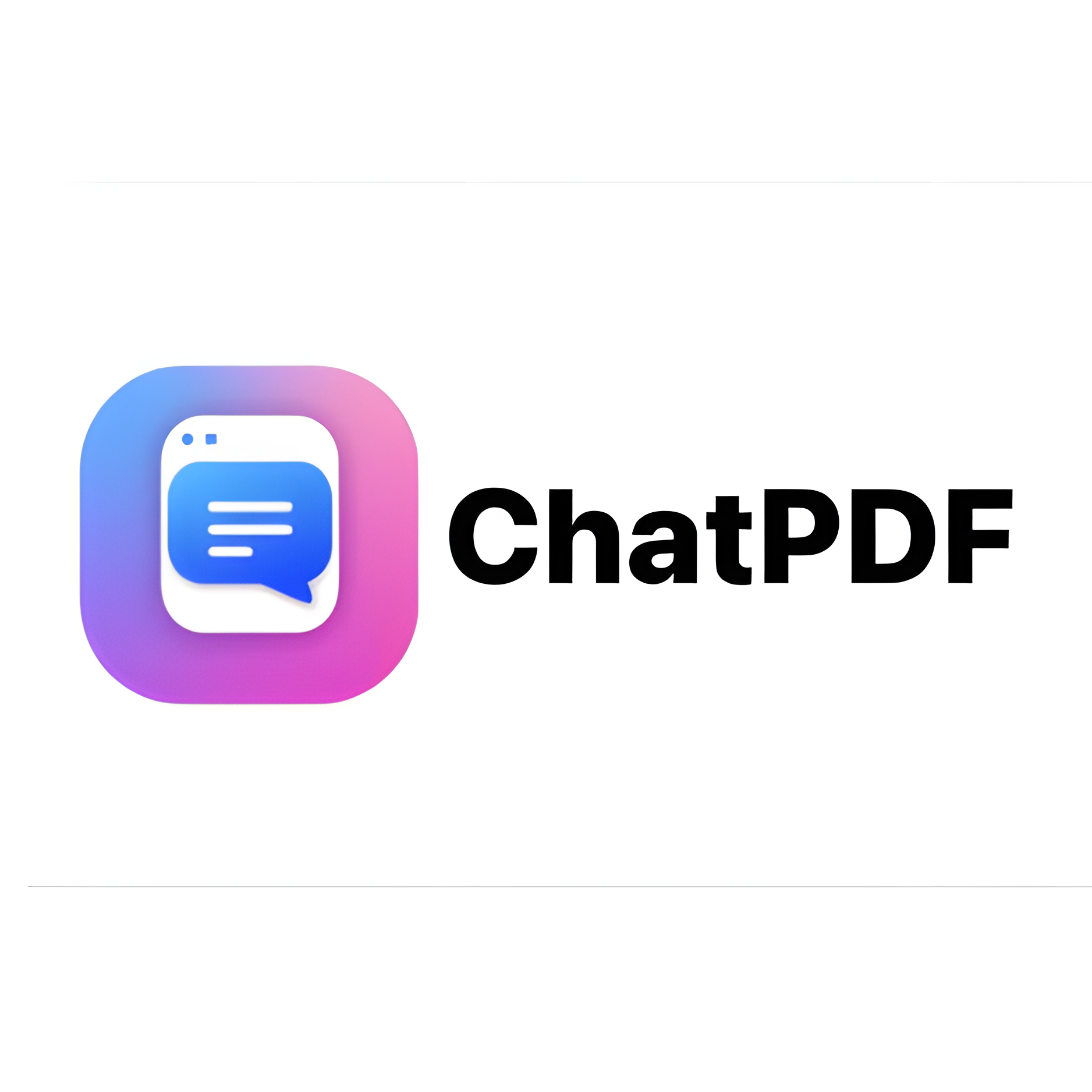Overview
MultiOn introduces a cutting-edge AI tool designed to revolutionize how tasks are managed on the web. At the heart of MultiOn's offerings is the Agent API, which empowers users to create and deploy AI agents capable of executing a variety of online tasks efficiently. A standout feature of this tool is Agent Q, a next-generation AI agent equipped with advanced planning and self-healing capabilities, ensuring robust performance even in dynamic web environments.
The company recently welcomed Dr. Julia Kiseleva, a renowned AI scientist from Microsoft Research, who brings a wealth of expertise in AI agents. Her involvement is set to further enhance the tool's capabilities and align with MultiOn's goal of boosting user productivity through technological innovation.
For those interested in exploring MultiOn's services, the company's website offers a comprehensive suite of resources. Users can access an overview of the API, detailed pricing information, extensive documentation, and a user-friendly login portal. Additionally, MultiOn maintains an active blog where visitors can find the latest updates and insights into AI advancements. This commitment to providing valuable content and continuous innovation underscores MultiOn's dedication to improving how we interact with and harness the power of AI in everyday tasks.
Key features
- Agent API integration: Enables developers to seamlessly integrate and manage AI agents within their applications, enhancing automation and efficiency.
- Agent Q capabilities: Features advanced planning and self-healing functions, allowing it to adapt and respond to complex tasks and environments effectively.
- Expert leadership: Led by Dr. Julia Kiseleva, an expert in AI and agent technology, ensuring cutting-edge innovations and reliable performance.
- Productivity enhancement: Designed to assist users in daily tasks, improving workflow efficiency and reducing manual effort through smart automation.
- Comprehensive resources: Offers detailed documentation, API overview, pricing information, and a user login portal for easy access and implementation.
- Regular updates: Provides a blog with the latest updates and insights, keeping users informed about new features and advancements in AI technology.
 Pros
Pros
- Scalable architecture: Designed to handle increasing workloads and users, ensuring consistent performance and reliability as demand grows.
- Security protocols: Incorporates robust security measures to protect sensitive data and ensure compliance with international data protection regulations.
- Customizable interfaces: Offers user-friendly customization options that allow clients to tailor the tool to their specific needs and preferences.
- Multi-platform support: Compatible with various operating systems and devices, facilitating seamless integration into diverse IT environments.
- Community engagement: Provides a platform for users to share insights, ask questions, and collaborate, fostering a supportive and knowledgeable community.
 Cons
Cons
- Complex setup process: The integration of Agent API, despite its capabilities, requires significant technical expertise, potentially limiting accessibility for non-developers.
- High resource consumption: Agent Q's advanced functions may demand substantial computational resources, which could affect performance in less capable systems.
- Steep learning curve: The comprehensive resources and advanced features necessitate a considerable time investment to fully master, which might deter new users.
- Limited customization options: While the tool is powerful, it may not offer enough customization options for specific, niche user requirements.
- Dependency on updates: Regular updates are essential for maintaining the tool's effectiveness, which might cause dependency and occasional disruptions during deployment.





